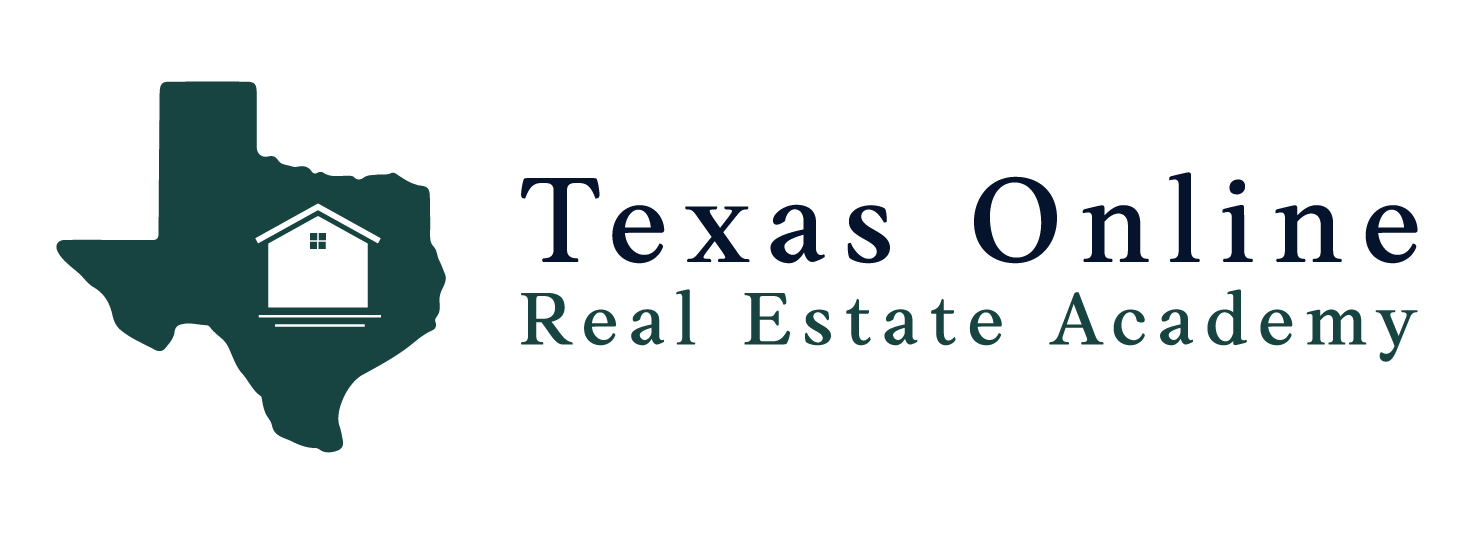In this article you will learn how to get your Texas Real Estate License including the amount of time it takes and approximate cost. Whether you’re just looking for information or ready to take the next step, we’ve got all of the information that you will need to become a real estate agent in Texas.
Step 1 – Take 180 hours of approved pre-licensing classes
In Texas, you’re required to take your pre-license (real estate agent) classes from a qualified school. The list price for these classes ranges from $595 (The CE Shop) to $1,110 (Champions School of Real Estate).
Our partner The CE Shop was ranked the easiest online real estate school in Texas by agent advice. They provide self-paced online class options so students can learn from the comfort and convenience on their own homes.
Here are the six classes required to meet the Texas real estate license education requirement:
- Principles of Real Estate I (30 classroom hours)
- Principles of Real Estate II (30 classroom hours)
- Law of Agency (30 classroom hours)
- Law of Contracts (30 classroom hours)
- Promulgated Contract Forms (30 classroom hours)
- Real Estate Finance (30 classroom hours)
In Texas, all of the required classes can be taken online or in-person, depending on the student’s needs.
Step 2 – Pass the pre-licensing final exam
To get credit for your Texas real estate pre-licensing course, you’ll need to pass the final exam with a 70% or better for each course. One positive thing to note is that the course completion certificate is valid for 10 years from the issue date, so you have plenty of time to get your license if you happen to struggle with passing a particular class on your first try.
Step 3 – Look for a sponsoring broker
To get your Ohio real estate license, you need to be sponsored by and connected with an active Ohio real estate broker. Take your time to choose the right broker for you because they will be your guide and resource as you start your new job in real estate.
Remember that you’re interviewing the broker just as much as they’re interviewing you. Make sure that you find a good fit before you sign up.
Some things to consider when choosing a brokerage:
- Do you prefer to work independently or on a team?
- What sort of training and education resources does the brokerage provide?
- What is the work culture like?
- What support do they have for new agents?
- What is their commission and fee structure like?

